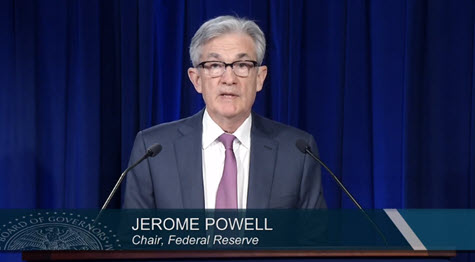
Congress this week extended government funding until Dec. 18 to avert a government shutdown and give bipartisan negotiators more time to finalize a pandemic relief bill, which remains at an impasse over business liability and state and local government aid provisions. President Trump is expected to approve the one-week spending bill before current funding expires tomorrow. (CNBC, Dec. 11)
- Policymakers engaged in intense pandemic aid negotiations also face the expiration of unemployment and housing benefits scheduled at the end of this month. This “Covid cliff” includes the Dec. 31 expiration of a national eviction moratorium by the Centers for Disease Control. (CNBC, Dec. 4 and The Hill, Dec. 9)
- House Speaker Nancy Pelosi (D-CA) and Senate Majority Leader Mitch McConnell (R-KY) recently signaled their goal was to combine a 2021 fiscal year spending bill with pandemic relief as part of a massive “omnibus” bill this month before recessing. (Politico, Dec. 4)
- McConnell this week backed a $916 billion GOP pandemic aid proposal released Dec. 8 by Treasury Secretary Steven Mnuchin, while Democratic leaders support a $908 billion proposal issued by a bipartisan group of lawmakers last week. (BGov, Dec. 10)
- The bipartisan coalition on Dec. 9 released details on its $908 billion stimulus proposal that includes $25 billion for residential rental assistance, state and local aid, augmented unemployment insurance benefits, a scaled-down Paycheck Protection Program (PPP) – as well as money for vaccine development, supply, and testing and tracing programs. (Framework summary for details on the bipartisan Emergency COVID Relief Act of 2020, Dec. 9)
- Although the dueling relief plans are close in total costs, significant policy differences over business liability and state and local government aid threaten the completion of negotiations. (Wall Street Journal, Dec. 9)
- The bipartisan group reportedly agreed this week on a needs-based formula to distribute $160 billion in state and local aid, but will not release details until compromise language addressing liability is finalized. (CQ, Dec. 9 and BGov, Dec. 10)
- Sen. Chris Coons (D-DE) on Dec. 9 said that emerging liability language may include a six-month moratorium on coronavirus-related lawsuits that would give states time to develop their own protections. An “affirmative defense” provision may also be included to counter excessive claims against institutions subject to lawsuits. (Roll Call, Dec. 9)
Pelosi yesterday suggested that discussions over the emergency legislation could now stretch beyond the holiday season. “If we need more time, then we take more time. But we have to have a bill and we cannot go home without it,” Pelosi said. “I would hope that it would honor the December 18th deadline … We’ve been here after Christmas, you know.” (Business Insider, Dec. 10)
# # #


















